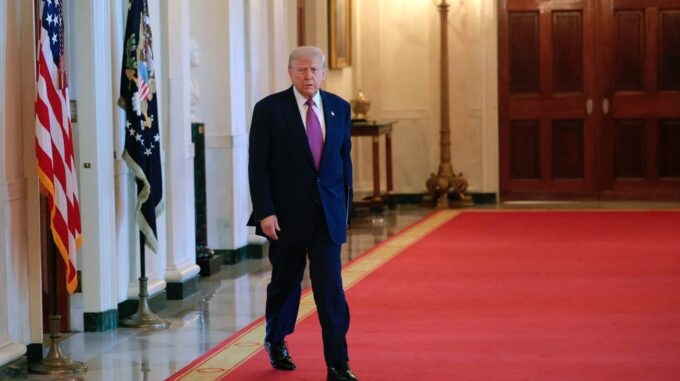Israel is preparing for a risky ground operation in case of the absence of American support in dismantling the Iranian nuclear facility in Fordow

According to an authoritative publication, Axios, the Israeli military and political leadership are actively discussing the scenario of conducting a risky ground operation against Iran’s most fortified nuclear site — the Fordow complex, located deep within mountain ranges south of Tehran. If the United States refuses to carry out an air strike on this strategic target, Israel is ready to take this risky step on its own, involving special forces and high-tech means. Sources report that one of the most radical topics discussed within the circle of former President Donald Trump was the possibility of a ground operation if Washington declines to execute an air strike. The focus is on a powerful secret base in Fordow, directly embedded in the mountains, which complicates its destruction by conventional methods. According to sources, advisors and military experts close to Trump have discussed options for applying force to infiltrate this highly fortified area. Specifically, they note that while the U.S. has in its arsenal 16-ton bunker-buster bombs (MOP) and strategic B-2 bombers capable of destroying even the most resilient underground shelters, if the United States refuses to support Israel’s initiative, the final decision will rest with Israeli special forces. Axios emphasizes that the situation is complicated by the fact that U.S. leadership might completely avoid participation in a ground operation, leaving Israeli troops alone in their fight against this extremely challenging target. At the same time, Israeli circles point out that control over Iranian airspace significantly facilitates the implementation of such an operation, making scenarios where everything stops before aircraft involvement less likely. One source in Washington reports that Israeli officials informed the Trump administration about the possibility of operating infiltration into the Fordow complex using specialized equipment and personnel if bombing strikes prove insufficiently effective due to difficulties penetrating underground facilities. This indicates a strong commitment by Israeli military planners to destroy this "reinforced" nuclear component, as incorrect assessment of the situation could result in the complex itself being destroyed. The background for such a scenario includes last year’s operations with Israeli special forces, which already targeted and came close to destroying Iranian nuclear facilities in Syria. Given Israel’s control of the airspace combined with high mobility and advanced technical equipment, this defensive stance against unavoidable risks is considered by military analysts. Against the backdrop of these high-potential scenarios, it is also important to consider the political aspect. U.S. President Donald Trump had previously indicated that he considers supporting Israeli efforts to strike Iranian nuclear targets. At the same time, Iranian Supreme Leader Ayatollah Ali Khamenei issued a clear statement: any intervention of U.S. forces in this situation could lead to irreversible consequences and serious complications for Washington. He warned that any military support from the U.S. in these operations would cause "irreparable damage" to the United States and increase threats to regional and global security. Thus, the situation around the Fordow nuclear facility is becoming increasingly tense. The risk of a new escalation of the conflict is already emerging on the horizon, while the international community is monitoring developments with great concern. Kyiv and other world capitals are carefully observing potential consequences of such an operation, which could shift the balance of power in the Middle East and impact global security as a whole.

